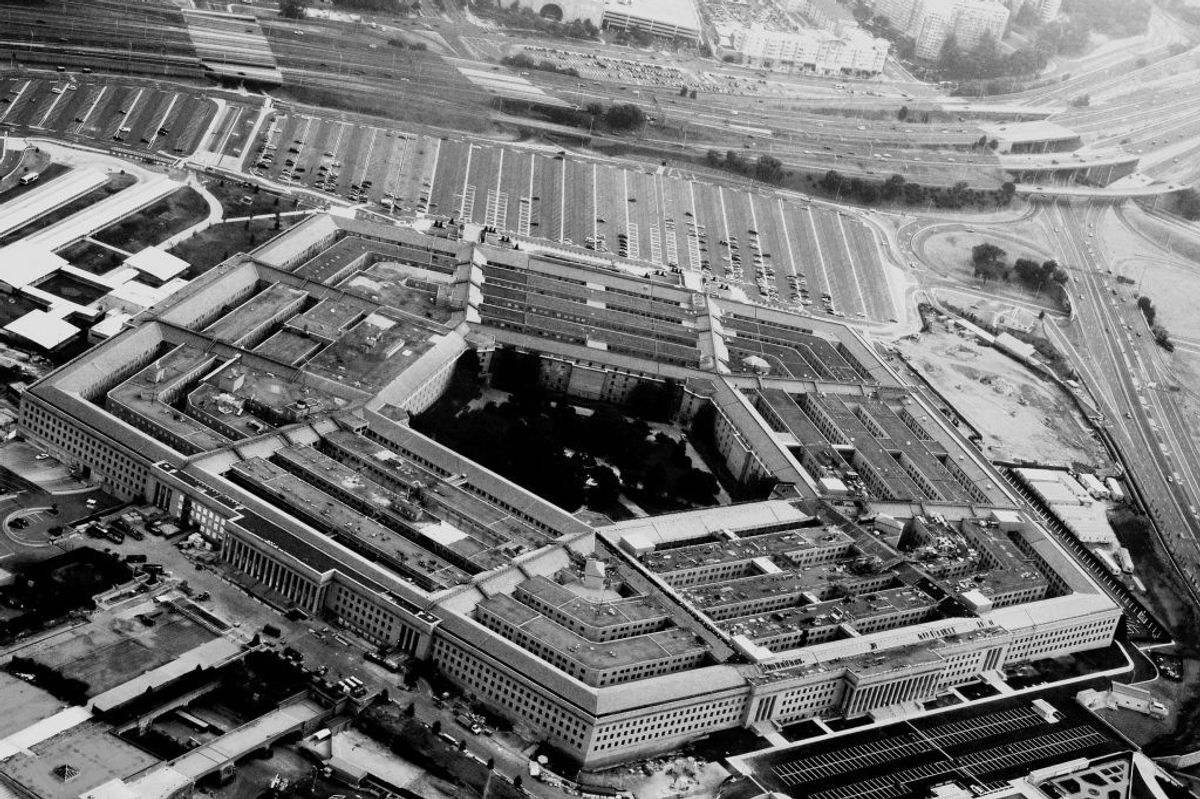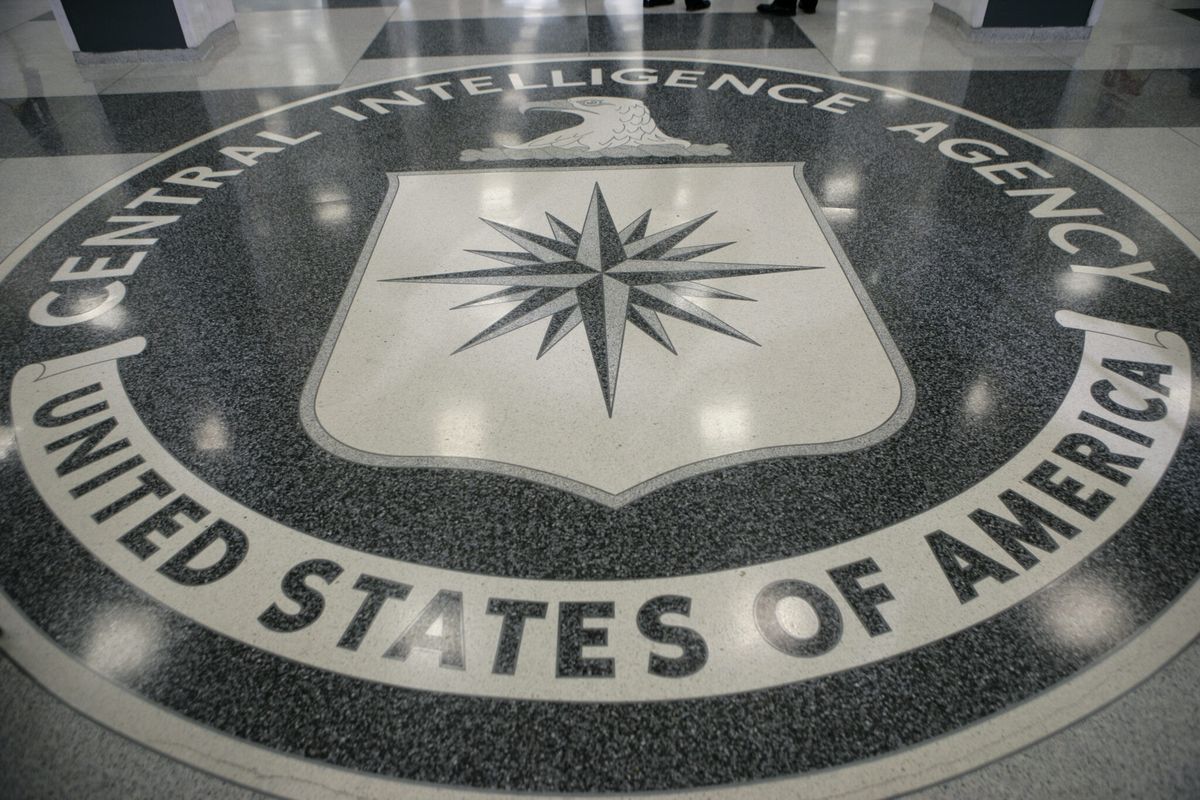In this second episode, "Homeland" heroine Carrie Mathison is revealed, not surprisingly, to be a central figure in the two parallel plots launched in the season's premiere: the case against arrested jihadist Seiku Bah and the conspiracy of CIA operative Dar Adal to manipulate the incoming President.
The one major character still uninvolved in either plot line is Quinn, whose condition deteriorates rapidly in this episode. After Quinn refuses to stay at the VA facility, Carrie takes him to live in the basement of her brownstone. Despite her kindness, Quinn refuses to take his meds and locks himself in his room. Carrie enlists a former colleague, CIA tech Max, to babysit Quinn when she has to go out. Quinn ducks out of the house and goes to a local convenience store where he promptly has a grand mal seizure. By the end of the episode, Quinn has calmed down and plaintively asks what happened to him. Carrie shows him the gruesome YouTube film of his near-death experience from the poisoning by terrorists the previous season. Quinn is too popular and too action-oriented a character to remain a basket case for long — the stage is clearly set for him to recover and get embroiled in this season’s parallel plots.
Carrie needs a babysitter for Quinn since she and her foundation colleague, lawyer Reda Hashem, have to meet their new client, Seiku Bah, now in custody after his arrest on charges of material support to terrorism. The outcome for the youngster appears grim. An FBI search of Seiku's apartment surfaced $5000 hidden in a mattress and plane tickets for Nigeria, clear evidence in the government’s view that he planned to pass the money to Boko Haram terrorists. Seiku swears to Carrie and the lawyer that he was traveling to see his father and was loaned the money by Saad Massoud, his friend from episode 1 who helped him film his jihadist video. Masoud has disappeared but Carrie, with the help of Seiku’s sister, finds him. Small spoiler alert here: Massoud turns out to be more than what he seems and this complicates the case even more.
Meanwhile, Dar Adal is advancing his plot against the incoming President. He meets PEOTUS’ chief aide in a restaurant to advise him that, according to the Mossad, Iran is cheating on the nuclear deal. The aide is skeptical, but Dar claims a shadowy Iranian named Farhad Nafisi just returned from North Korea with materials and engineers to further the program. Nafisi is attending a conference in Abu Dhabi where the Israelis intend to kidnap him. Dar tells the aide that the current President is deferring to PEOTUS for a decision whether CIA should be involved in the risky operation, which, if it goes awry, will be a major crisis for her new administration.
What does this have to do with our heroine Carrie, now gone from the CIA and happily working at a non-profit organization? The answer comes when she receives a message while at the jail with her client and immediately leaves. Earlier Saul unexpectedly showed up at Carrie’s office suggesting he suspected she was advising the incoming President. Carrie denies it but, after receiving the message, she is secretly ushered into a black van, whisked away to a Manhattan hotel and ushered into the PEOTUS suite.
Carrie and the incoming President obviously know each other well. The President-elect embraces her and tells her aide to recount Dar’s story. Carrie advises PEOTUS that her approval of CIA involvement in the snatch operation would undermine her own policy goals before she is even inaugurated. At the same time, she warns the President-elect that the allegation is too serious to ignore. She recommends sending someone who can be trusted and supports the Iran deal – Saul. Stay tuned – this plot twist will undoubtedly become much more complicated.
Nailed it:
–The Seiku Bah case suggests that this “Homeland” season may involve less bombings and white-knuckled pursuit of jihadists and more treatment of the impact of terrorism since 911. The Seiku Bah case reflects to some degree actual FBI counterterrorism cases in which, based on informant information, suspects are arrested in the early stages of allegedly supporting jihadist activities. The FBI has been criticized by civil rights groups who view these “sting” operations as little more than fake terror plots orchestrated by Bureau agents, and the arrests as pure entrapment. Others argue that the FBI is neutralizing potential terrorists before their support activities or jihadist sympathies develop into planning for a real attack.
Failed it:
–As indicated in our previous review, Dar Adal's collaboration with a foreign intelligence service to manipulate the President-elect approaches treason –- and is also absurd. It’s difficult to believe a senior CIA official would risk not only his career but a jail sentence because he wanted to influence the policies of a new administration — but it does make for a suspenseful story.













